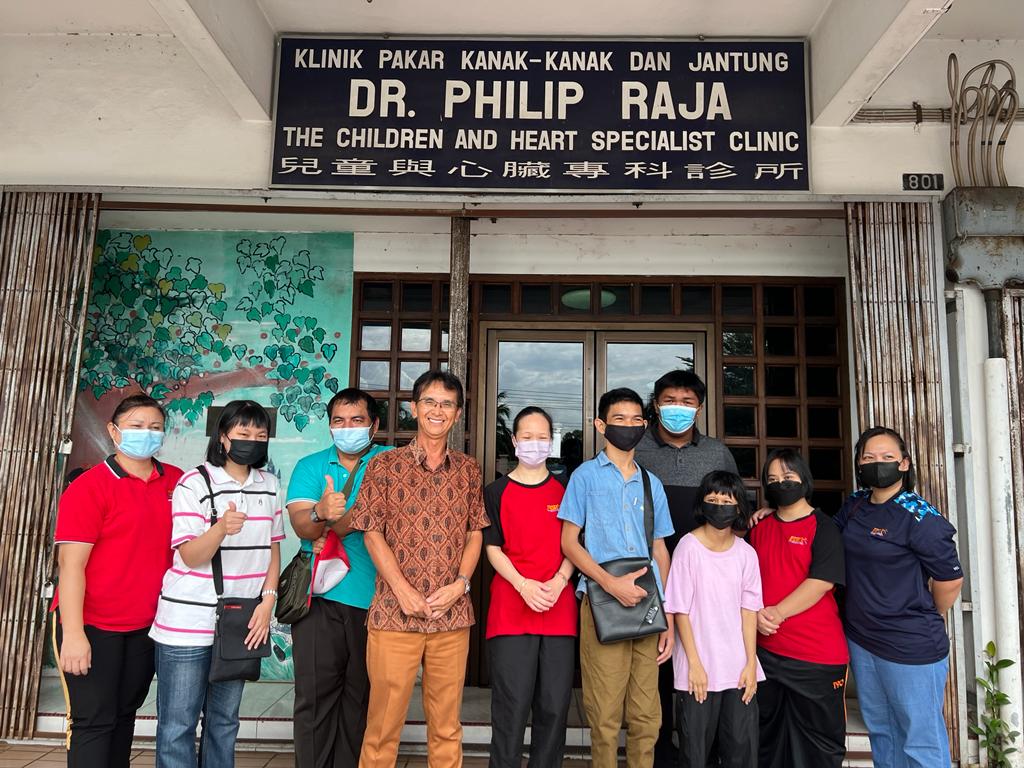KUALA LUMPUR, June 9 – An unusual severe shortage of medicines at a child specialist clinic in Miri, Sarawak, has forced the private facility to plead for assistance from the Ministry of Health (MOH) to share drug supplies with it.
Medicine stocks at the Children and Heart Specialist Clinic in the Sarawakian city, which serves paediatric and asthmatic patients, are expected to last for only three to five days at the current patient turnover rate, or seven days at best if fewer patients come in daily.
Dr Philip Raja, a paediatrician and paediatric cardiologist who runs the private paediatric clinic in Miri town, said all of his various sources of medications from either his supplier or the local pharmacy are already out of stock — the first time he is facing a medicine shortage in the three decades of operating his clinic.
He complained about long overdue delay in delivery of drug orders from his company suppliers that has been late for over a month already.
The out-of-stock medicines at his clinic are bronchospasm medicines like salbutamol syrups and nebuliser inhaler solution for asthma; common antibiotics such as amoxicillin and cloxacillin, erythromycin, cephalexin, and other syrup antibiotics for children; common antihistamine medicines for cough and cold like dexchlorpheniramine, cetirizine, Actified, Mucosolvan; as well as antispasmodic medications Buscopan and Colimix to treat abdominal cramps.
Dr Philip added that he has run out of ventolin nebules and ventolin solutions to treat asthma for more than two weeks.
“After one week, my clinic will run out completely of all common paediatric medications,” Dr Philip wrote to CodeBlue yesterday.
“I will have a dilemma on whether to continue to open my clinic and sit there, or close it until we get our medication supplies, when I run out of medicines in three to five days’ time.
“We in the private practice clinics treat a lot of asthmatic patients. Without us as frontliners, Miri Hospital will not be able to cope with severe asthmatic admissions. I hear the same dire situation amongst all my other GP (general practitioner) colleagues here in Miri.”
Dr Philip said his clinic, which has been on the frontline of paediatric care since 1992, saw a surge of patients when the country reopened as the Covid-19 pandemic eased and is currently seeing more than 50 patients a day. At this rate, his supply of medications will run out in three to five days; if he sees fewer patients at perhaps 10 daily, Dr Philip said he can stretch his supply to a week at best.
He requested temporary assistance from Miri Hospital to either sell medicines to his clinic and other private facilities in the city that are facing drug shortages – if the MOH facility has stocks of common medicines – or to “loan” supplies to them that can be replaced later upon arrival of stocks for the private clinics.
“I hope and pray there’s a speedy solution to this, as many children can suffer various consequences unnecessarily, especially acute asthmatics that need nebulisation treatment.”
Health Minister Khairy Jamaluddin told the press Tuesday that medicine supplies at public clinics and hospitals are currently sufficient, even as he confirmed shortages of certain antibiotics, paediatric medicines like cough and flu syrups, as well as other common medications for flu, cough, and fever across several private clinics and pharmacies.
It is unknown, however, if the pharmacies at specific MOH facilities will be able to accommodate demand from private patients by diverting some of their supplies to private clinics facing medicine shortages.
Local pharmaceutical suppliers attribute Malaysia’s current medicine shortages to the recent China lockdowns, particularly the two-month shutdown in the commercial hub of Shanghai, and the Russia-Ukraine war that exacerbated global supply and logistical challenges triggered by prolonged global lockdowns during the pandemic.
The Malaysian Association of Pharmaceutical Suppliers (MAPS) noted that Malaysia is particularly vulnerable to global supply disruptions because Malaysia’s entire supply of finished pharmaceutical products is either directly imported or indirectly imported for local manufacture via the import of active pharmaceutical ingredients (APIs) – the active component of a drug – as well as other components like pharmaceutical intermediates and excipients.








